
Stem cell research and its ethics YouTube
The ethical implications of stem cell research are often described in terms of risks, side effects, safety, and therapeutic value, which are examples of so-called hard impacts. Hard impacts are typically measurable and quantifiable. To understand the broader spectrum of ethical implications of stem cell research on science and society, it is.

Overview Ethics in Science stem cells research LibGuides at Mater Christi College
The ethical implications of stem cell research are often discussed in terms of risks, side effects, and safety, which are examples of hard impacts. In this article, Assen and colleagues argue that to understand the broader spectrum of ethical implications of stem cell research on science and society, it is important to recognize the so-called soft impacts.

(PDF) Ethical issues in stem cell research and therapy
The ethical implications of stem cell research are often described in terms of risks, side effects, safety, and therapeutic value, which are examples of so-called hard impacts. Hard impacts are typically measurable and quantifiable. To understand the broader spectrum of ethical implications of stem cell research on science and society, it is.

Describe the Ethical Issues Surrounding the Use of Stem Cells

Stem cell ethics 06
The debate on stem cell research, together with the ethical questions the respective technologies have raised, has entailed intense and passionate discussions within the most diverse sectors of.
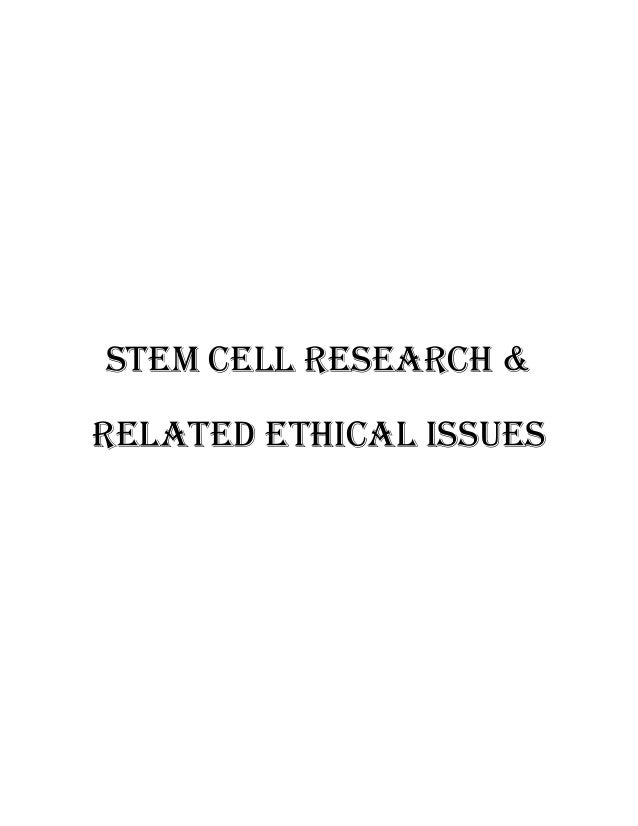
Stem Cell Research & Related Ethical Issues
Embryonic stem cell research poses a moral dilemma. It forces us to choose between two moral principles: The duty to prevent or alleviate suffering. The duty to respect the value of human life. In the case of embryonic stem cell research, it is impossible to respect both moral principles.To obtain embryonic stem cells, the early embryo has to.
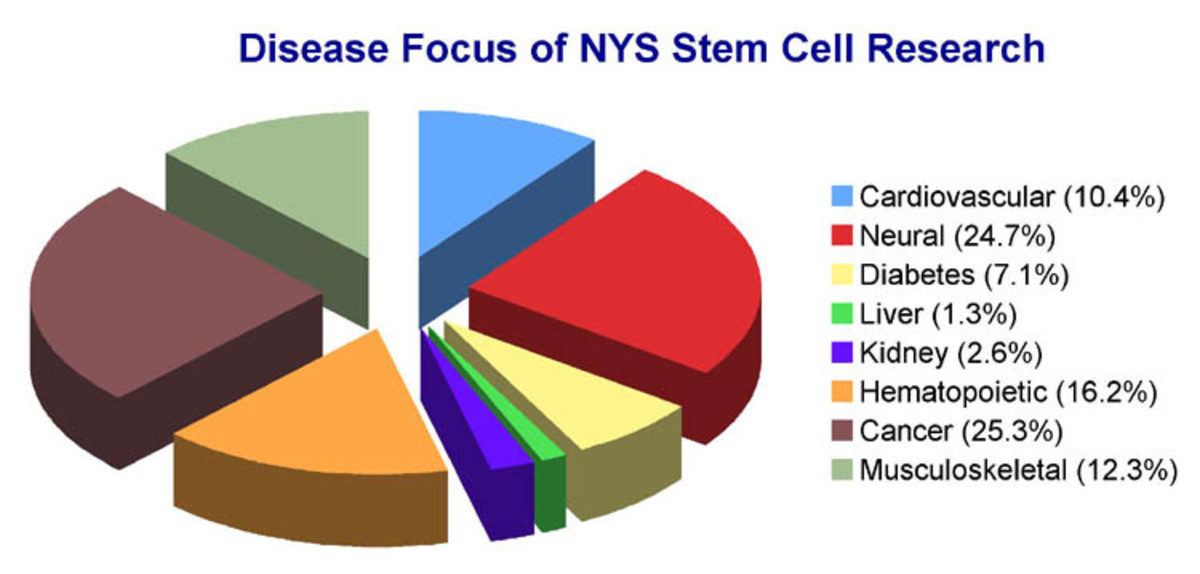
Ethical Problems of Human Embryonic Stem Cell Use in Scientific Research Soapboxie
Ethics of Stem Cell Research. First published Fri Apr 25, 2008; substantive revision Wed Dec 19, 2018. Human embryonic stem cell (HESC) research offers much hope for alleviating the human suffering brought on by the ravages of disease and injury. HESCs are characterized by their capacity for self-renewal and their ability to differentiate into.

Ethical Problems of Human Embryonic Stem Cell Use in Scientific Research Soapboxie
Abstract. Rapid progress in biotechnology has introduced a host of pressing ethical and policy issues pertaining to stem cell research. In this review, we provide an overview of the most significant issues with which the stem cell research community should be familiar. We draw on a sample of the bioethics and scientific literatures to address.

(PDF) The Ethics of Embryonic Stem Cells—Now and Forever, Cells Without End
Human stem cell research raises some ethical issues that are beyond the mission of institutional review boards (IRBs) to protect human subjects, as well as the expertise of IRB members. There should be a sound scientific justification for using human oocytes and embryos to derive new human stem cell lines. However, IRBs usually do not carry out.
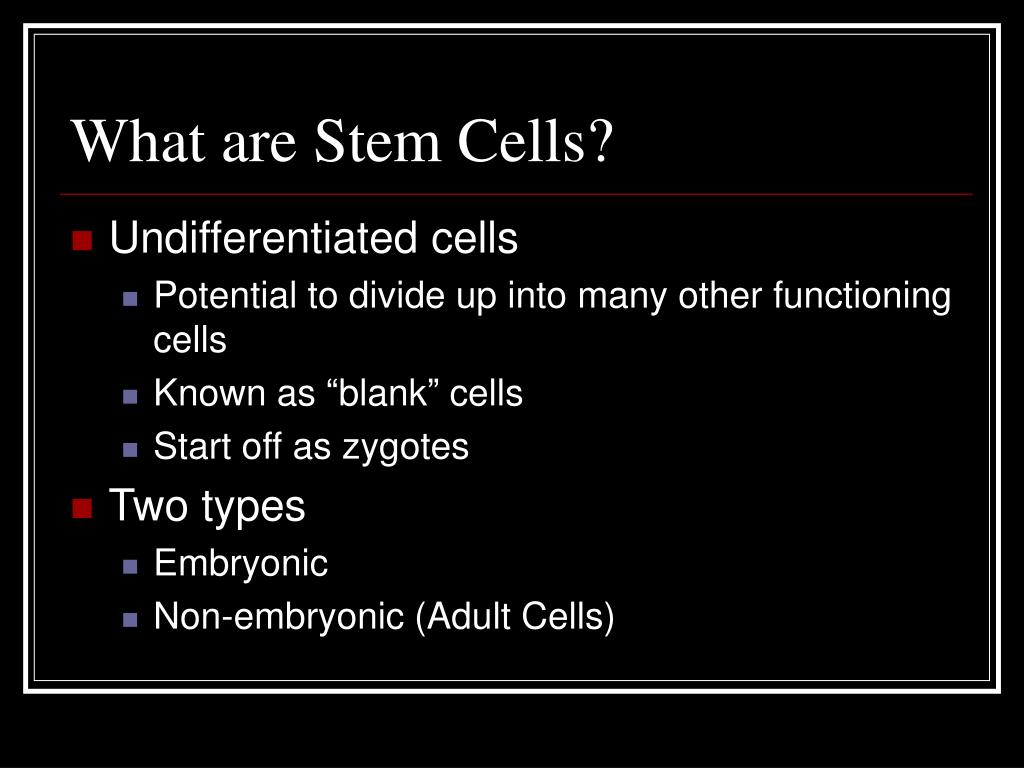
PPT The Ethics of Stem Cell Research PowerPoint Presentation, free download ID3096725
The ethical implications of stem cell research are often described in terms of risks, side effects, safety, and therapeutic value, which are examples of so-called hard impacts. Hard impacts are typically measurable and quantifiable. To understand the broader spectrum of ethical implications of stem cell research on science and society, it is.
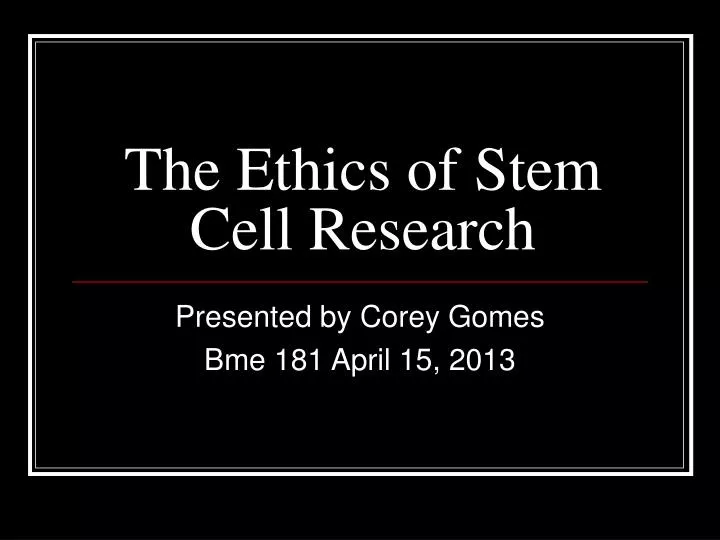
PPT The Ethics of Stem Cell Research PowerPoint Presentation, free download ID3096725
Stem cell derivation. Stem cells can be harvested not only from embryos, but also from adults (living or dead) or from fetuses. From the ethical point of view, the use of adult stem cells ( Fig. 1.

Topic 9. Ethical Issues on Gene Therapy and Stem Cell Therapy YouTube
The ISSCR Guidelines address the international diversity of cultural, political, legal, and ethical issues associated with stem cell research and its translation to medicine. The guidelines maintain and underscore widely shared principles in science that call for rigor, oversight, and transparency in all areas of practice.

(PDF) Ethical and regulatory issues of stem cellderived 3dimensional organoid and tissue
MS: Proponents argue that embryonic stem cell research holds great promise for understanding and curing diabetes, Parkinson's disease, spinal cord injury, and other debilitating conditions. Opponents argue that the research is unethical, because deriving the stem cells destroys the blastocyst, an unimplanted human embryo at the sixth to.
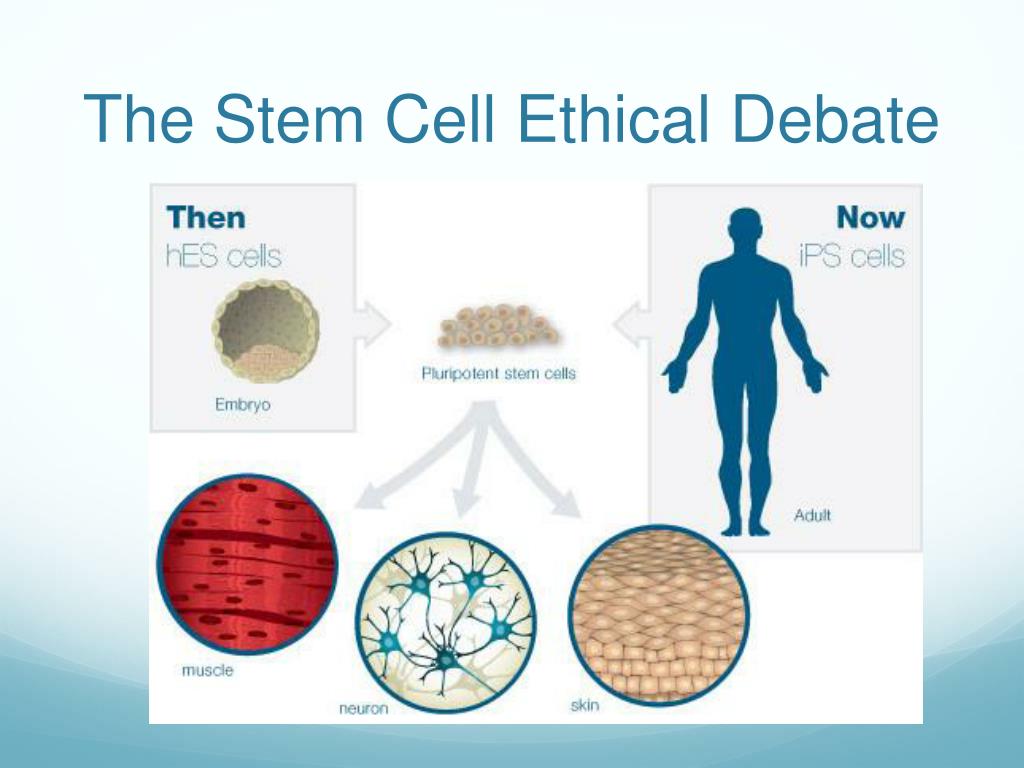
PPT Stem Cells and Ethics PowerPoint Presentation, free download ID2793856
Introduction and Learning Objectives: Module 8 introduces the critical ethical, legal, and social implications of stem cell and regenerative-based technologies. As the ethical, legal, and social issues have received significant attention from the public, professionals, and policy makers, it is important for learners to recognize and consider.

The Ethics of Stem Cell Research YouTube
In addressing the ethical issues associated with human embryonic stem cell research, it is important to note that they are being deliberated in a setting where scientific excitement is high, there.

Stem cell ethics 06
Advancing Ethical Stem Cell Research with CRISPR. Current Stem Cell Reports, Vol. 4, Issue. 3, p. 248.. Bioethics and the Future of Stem Cell Research urges readers to look beyond the embryo debate to a much wider array of ethical issues in basic stem cell science and clinical translational research, including research involving adult and.
